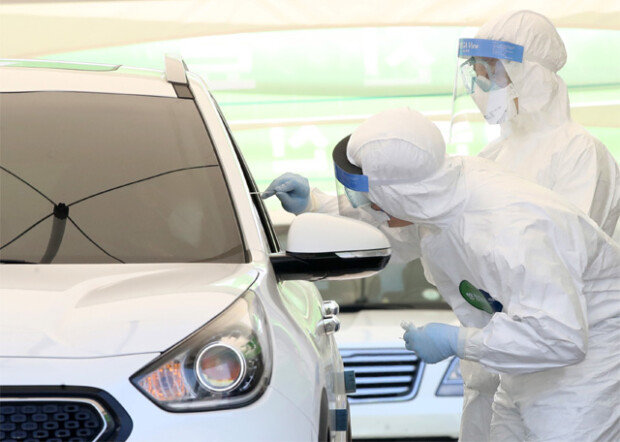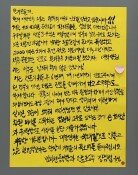Time for S. Korea and U.S. to practice carpe diem
Time for S. Korea and U.S. to practice carpe diem
Posted April. 15, 2020 07:52,
Updated April. 15, 2020 07:52

Amid the deadlocked diplomatic situation with North Korea and the COVID-19 outbreak impacting the entire world, South Korea and the U.S. would be better to have a chance to ponder over the insight of the first Prime Minister of India Jawaharlal Nehru. Seoul and Washington should take Latin phrase “carpe diem” to heart – meaning the two sides should focus on the containment of COVID-19 while putting aside security issues for now.
South Korea and the U.S. should launch expert committees with important insights to address potential crises, such as the current pandemic that the world is experiencing, rather than having a back-and-forth over the sharing of defense costs. The two allies should also jointly develop strategies to overcome COVID-19 and prepare for future emergencies. Furthermore, expert committees should begin research on a successful model created by Asia – mainly Taiwan, Singapore, and South Korea – to slow down the spread of the virus in the early stages.
British historian Arnold Toynbee’s “challenge-and-response” theory helps to understand the successful case of Taiwan. Taiwan has lost presence on the international stage due to China. The country was also affected heavily during the outbreak of SARS in 2003, which was when the Taiwanese government realized that they should address pandemics on their own to survive. Public health has become a key capability of the government. The sources of infection have been found in Taiwan with preemptive checkups while active tracking of infected patients and various levels of self-quarantine have been practiced. In addition, the health minister of Taiwan has led responses, not a politician.
Meanwhile, South Korea and the U.S. should assess strategies to minimize the impact of a prolonged virus crisis on jobs and businesses along with strategies for economic recovery. Another issue to be considered is how both countries’ military can continue training and maintain sufficient readiness and deterrence. The dismissal of the head of the U.S. aircraft carrier USS Theodore Roosevelt over his way of expressing concerns about the spread of COVID-19 shows how those in the military are just as vulnerable to infectious diseases as anyone is.
Seoul and Washington should utilize expert committees to identify what the smartest investment is to boost the economic recovery of the private sector. They should also develop tools to minimize the economic impact from an emergency, promote the restoration of democracy, and detect biological threats. COVID-19 is a shared problem requiring the best capabilities of experts both in South Korea and the U.S. Now is the time to practice carpe diem.
Headline News
- Med professors announce intention to leave hospitals starting Thursday
- Bridge honoring Sgt. Moon Jae-sik unveiled in Pennsylvania
- Chief of Staff Chung tells presidential secretaries to stay away from politics
- US FTC bans noncompete agreements
- N. Korea launches cyberattacks on S. Korea's defense companies







